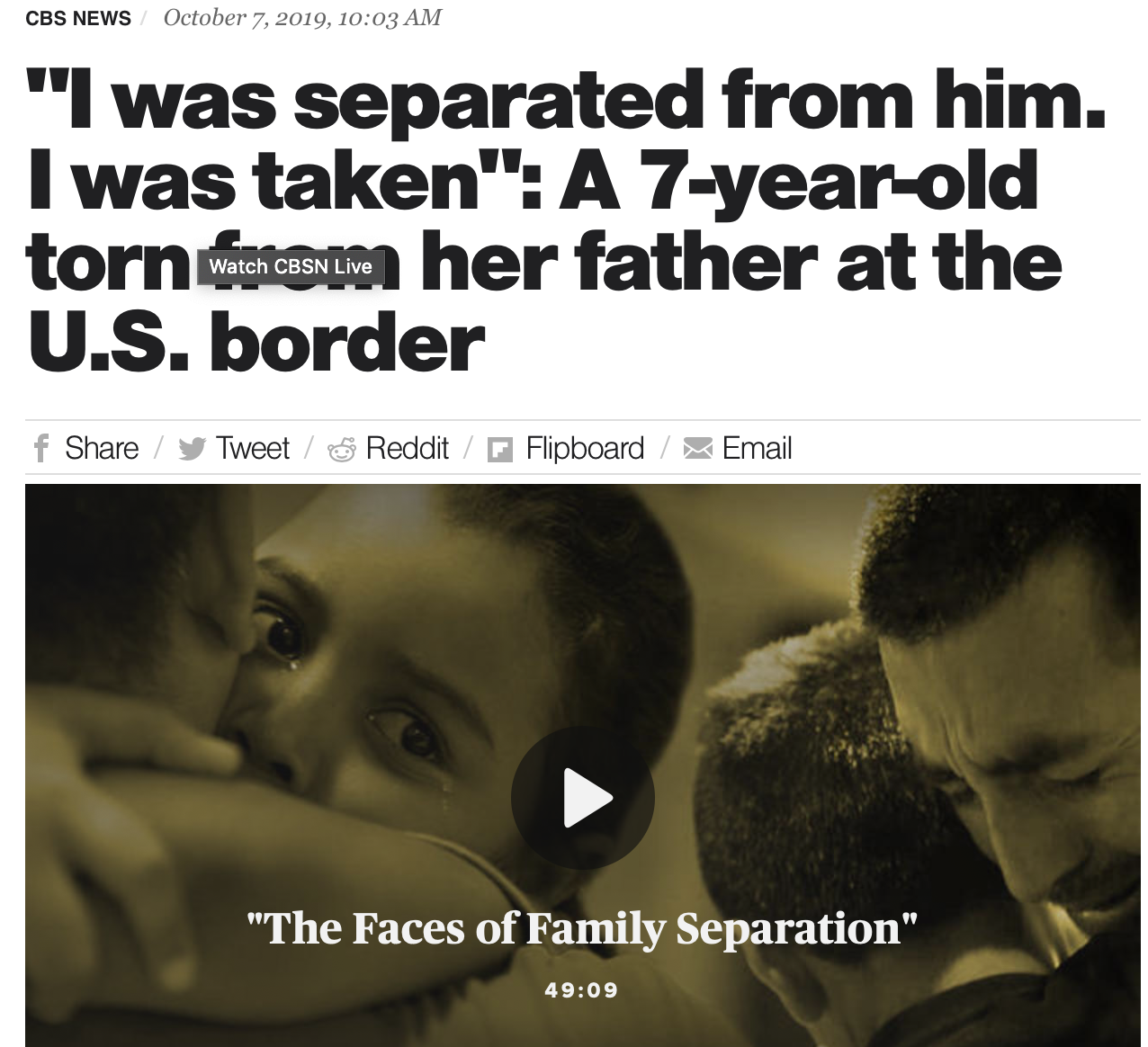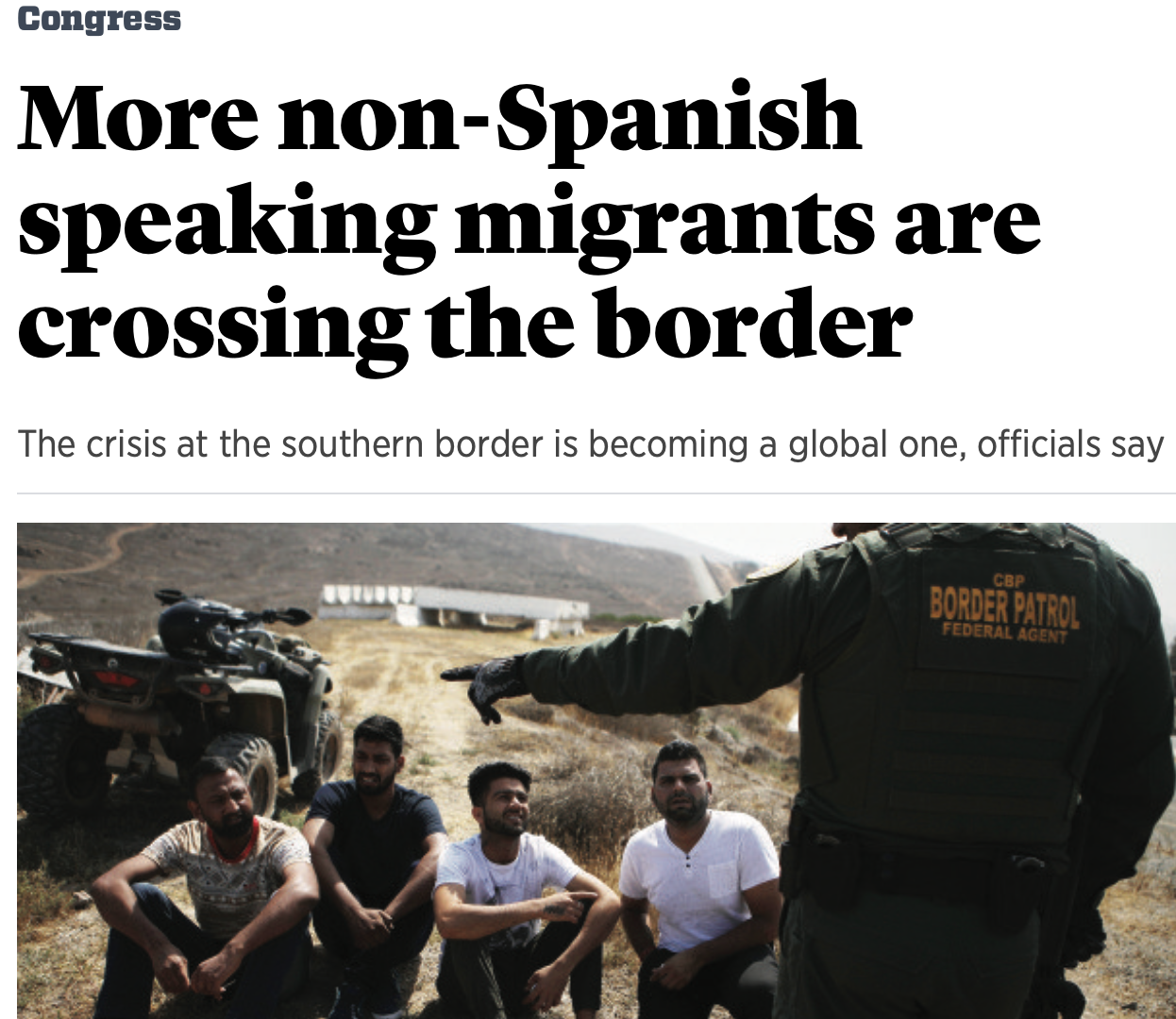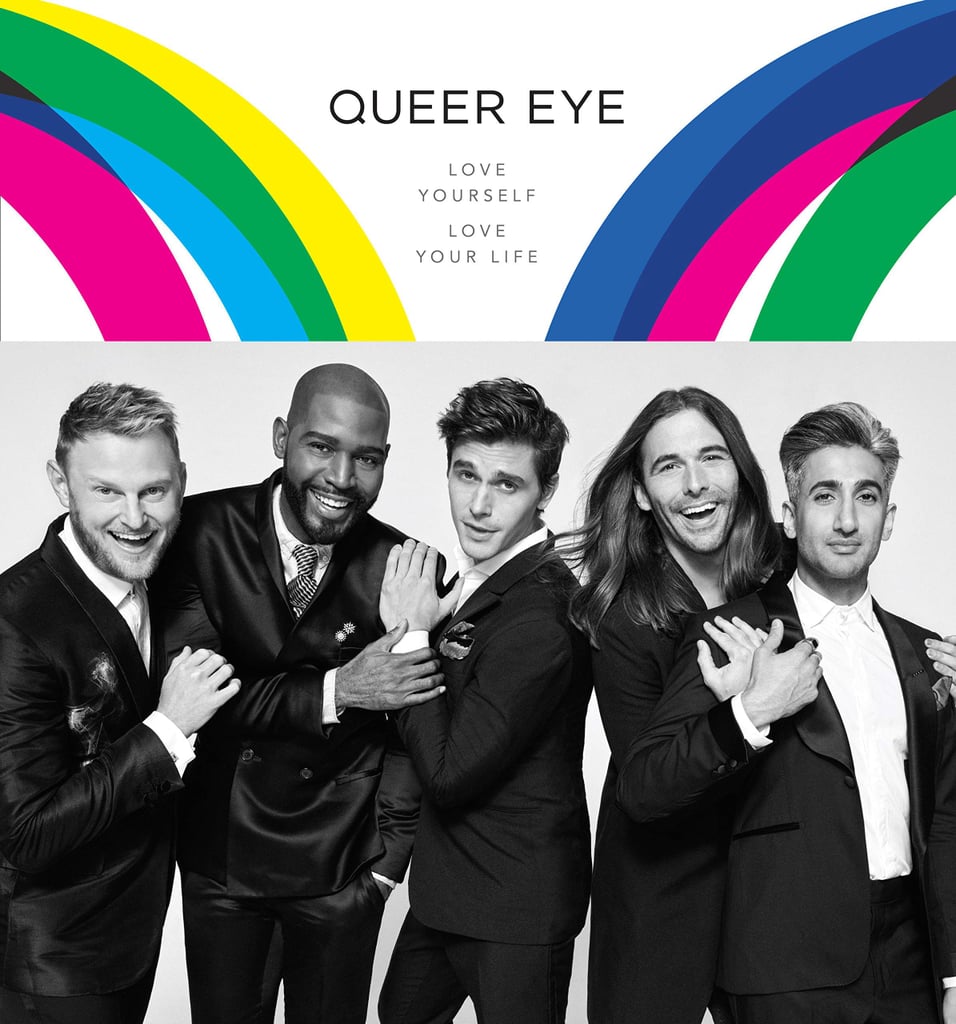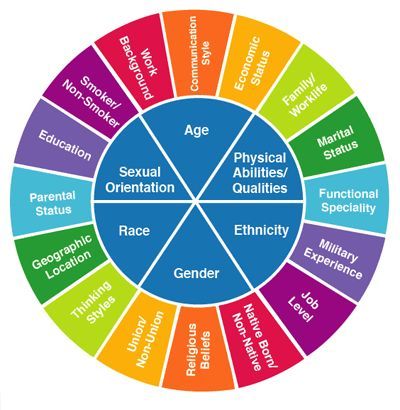After watching Lizzo perform in the VMAS, I couldn’t help but smile. She is so powerful and fierce and honestly just a whole badass. Her body positivity and way to celebrate black joy has made a significant impact and it’s not only in the black community. The way she disidentifies with being “plus size” or whatever word she’s labelled as, empowers young girls, teenagers, and adults to love their body just as much as Lizzo does.
As we learned about José Muñoz’s disidentification theory, I had to think about how I disidentify. In some situations, I tend to disidentify with my religion because I am half Catholic and half Jewish. Many people don’t understand how I can be a Latina, but also be Jewish. I honestly forget about religion, because I don’t align with either religion. Additionally, I am still trying to figure out my sexuality, so sometimes when I’m checking boxes for “sexual orientation,” I end up putting straight because there isn’t a box for “I don’t know yet.”
The news sometimes tells me to disidentify with being a Latina, which is something I am tremendously proud to be. In cases where politics are being discussed, I feel that my fellow Latinx community is attacked in terms of immigration or our President’s view on the policies. Whenever I see pictures and videos of the immigrants and the action he is taking at the border, it hurts my heart. Not only do I personally know people and families who have made that long gruelling trip, but to be stopped, separated, and even hurt by the police is just another example of the history of racism that continues to repeat itself. Now that I think about it, this is literally and figuratively a form of gatekeeping. Trump is thriving upon the idea of who he is keeping out and how this will keep our country safe. First of all, this shit just makes me mad because he is hurting innocent families who just want to provide and have a slight chance to have a better life. In José Muñoz’s theory, he writes: “To disidentify is… not to pick and choose what one takes out of an identification. It is not to willfully evacuate the politically dubious or shameful components within an identificatory locus” (12). He talks about how it is not always a strategy of resistance, but rather participating and changing a system of oppression. I think this is one of the most interesting topics we have covered in class because it taught me that I can change the social mobility and traits of the system by applying psychoanalytic theory to my everyday life.








